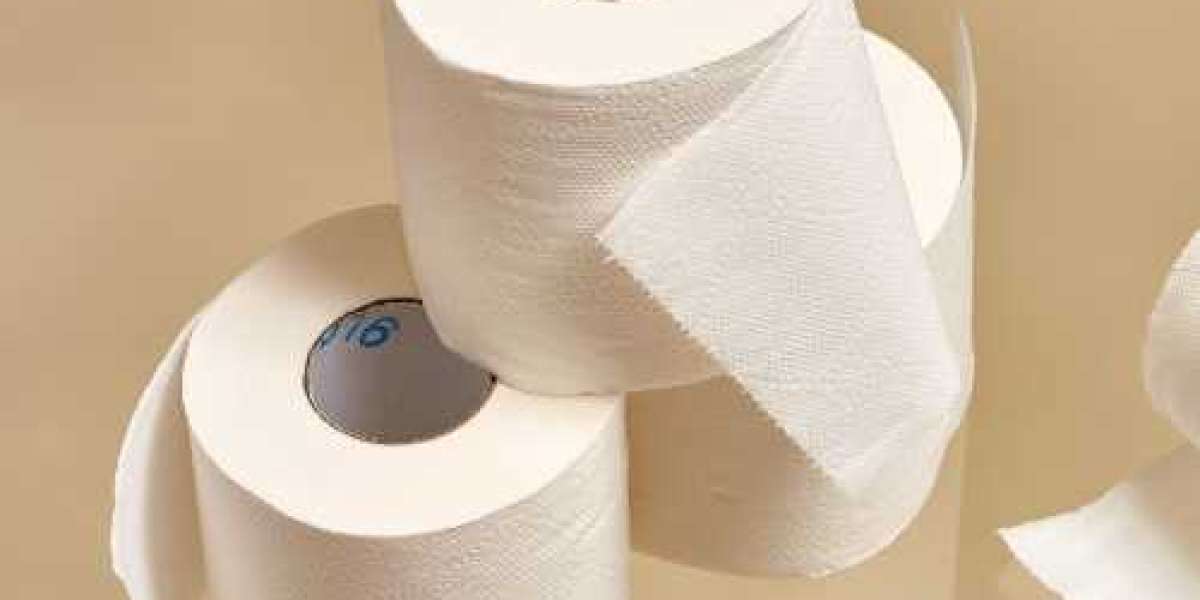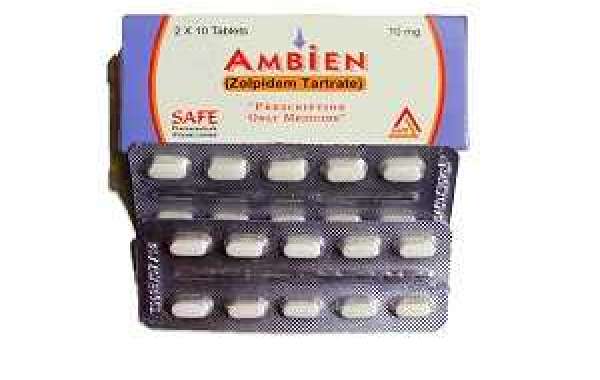Toilet paper is a daily essential in most households, but have you ever stopped to think about the impact it has on the environment? The average American uses around 141 rolls of toilet paper each year, which results in over 15 million trees being cut down annually to produce it. This is where bamboo toilet paper comes in as a more eco-friendly alternative. In this article, we'll explore the differences between traditional toilet paper vs bamboo toilet paper to help you decide which one is better for you and the environment.
What is Traditional Toilet Paper?
Traditional toilet paper is made from wood pulp, which is sourced from trees. The wood pulp is bleached and processed to make it soft, durable, and absorbent. This process requires a lot of water, energy, and chemicals, which can have a negative impact on the environment.
What is Bamboo Toilet Paper?
Bamboo toilet paper, on the other hand, is made from bamboo pulp, which is sourced from the bamboo plant. Bamboo is a fast-growing, renewable resource that requires less water and fewer chemicals to grow compared to trees. It's also naturally antibacterial and hypoallergenic, making it an ideal material for toilet paper.
Benefits of Bamboo Toilet Paper
There are several benefits to using bamboo toilet paper. Here are a few of the most significant ones:
Eco-Friendly: Bamboo toilet paper is a more sustainable option than traditional toilet paper. Bamboo grows faster than trees and requires less water and fewer chemicals to grow. This means that it has a lower environmental impact and is a more renewable resource.
Soft and Strong: Bamboo toilet paper is soft, strong, and absorbent. It's also naturally hypoallergenic and antibacterial, making it gentle on sensitive skin.
Cost-Effective: While bamboo toilet paper may be slightly more expensive than traditional toilet paper, it's still cost-effective in the long run. Because it's stronger and more absorbent, you'll need less of it per use, which means you'll save money in the long run.
Biodegradable: Bamboo toilet paper is biodegradable, which means that it will break down naturally in the environment. This is in contrast to traditional toilet paper, which can take years to decompose and contribute to landfill waste.
Ethical: Many bamboo toilet paper companies are committed to ethical and sustainable production practices. This means that you can feel good about your purchase knowing that it was made in a socially responsible way.
Which One Should You Choose?
When it comes down to it, the choice between traditional toilet paper and bamboo toilet paper ultimately depends on your personal preferences and priorities. If you're looking for an eco-friendly option that's gentle on sensitive skin and cost-effective in the long run, bamboo toilet paper may be the right choice for you. However, if you're satisfied with the traditional toilet paper and don't mind its environmental impact, it may be the more convenient option.
Conclusion
Toilet paper is an essential item that we use every day, but it's important to consider the impact it has on the environment. Bamboo toilet paper is a more sustainable and eco-friendly alternative that offers several benefits over traditional toilet paper. Whether you choose bamboo toilet paper or stick with the traditional option, it's important to be mindful of your environmental impact and make choices that support a healthier planet.








